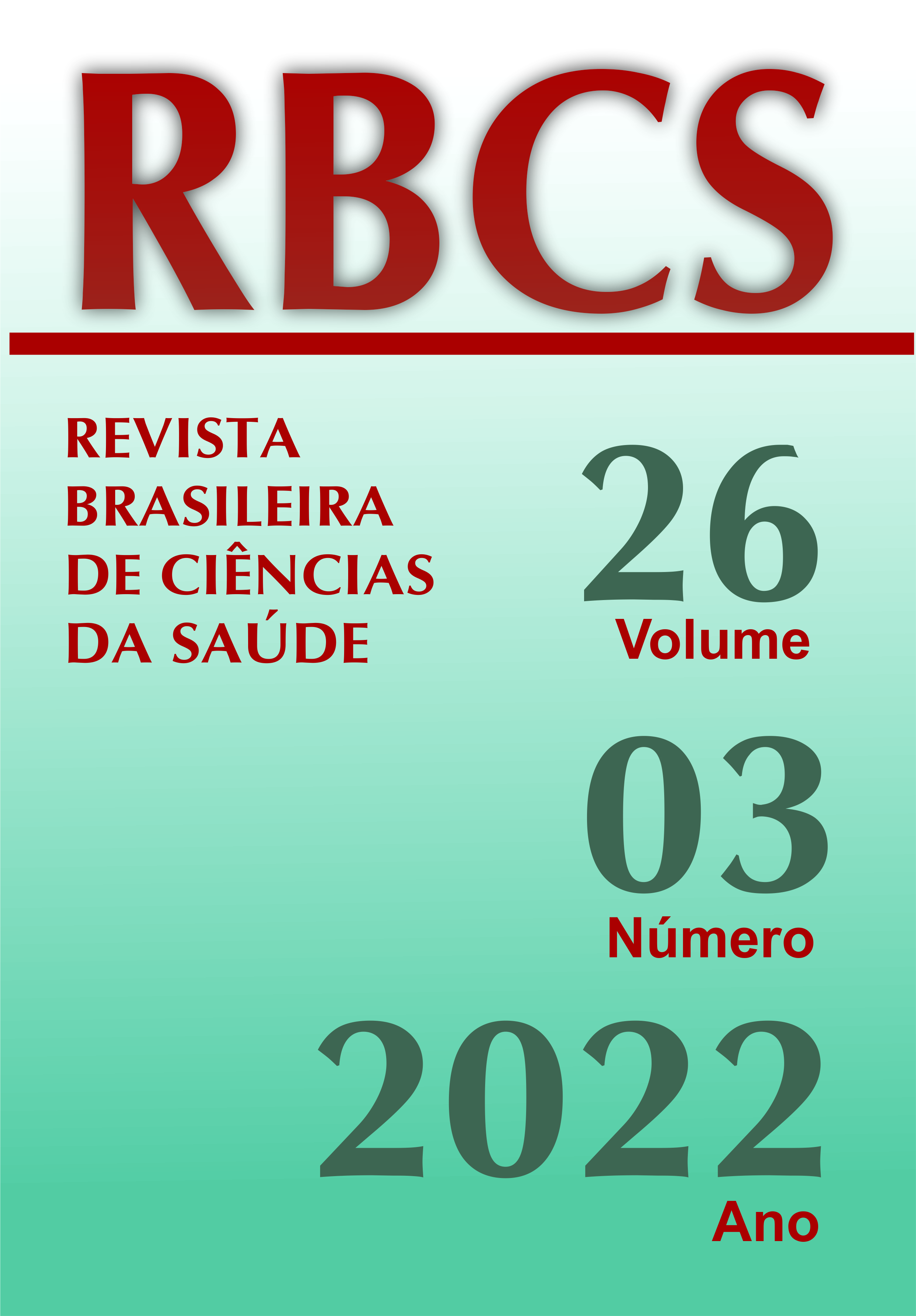Health Education Practices with Pregnant Women in the Vision of Primary Health Care Professionals
DOI:
https://doi.org/10.22478/ufpb.2317-6032.2022v26n3.61298Keywords:
Primary Health Care. Education Public Health Professional. Family Health Strategy. Maternal and Child Health. Pregnancy.Abstract
Introduction. Primary Health Care has succeeded in providing better services to the population and has expanded the concept of public health education, which is highlighted in the demands of pregnant women. Objective. This study sought to analyze the perceptions of health professionals of the Family Health Strategy, about the services offered to pregnant women and the practices of health education, inherent in the contents and methodologies used in educational activities for pregnant women. Methodology. This is a descriptive, exploratory study with a qualitative approach, carried out with 15 professionals of the Family Health Strategy from Basic Health Units in a city in the state of Rio Grande do Norte. Data collection occurred via semi-structured interviews and was followed by Thematic Content Analysis. Results. From the analysis of the meaning units of the reports, four categories emerged: the views about the services offered to pregnant women; communication and the professional-patient relationship and (3) the teaching methods in the maternal and child performance. Conclusion. A range of realities can be seen regarding the care management given to pregnant women. This scenario shows a low pedagogical diversification and limitations on the use of educational methods. It is imperative to glimpse health care beyond the Basic Health Units, in order to strengthen the extramural collective spaces, with heterogeneous active plans and that enable greater adherence of pregnant women, as well as the promotion of their autonomy and emancipation.


